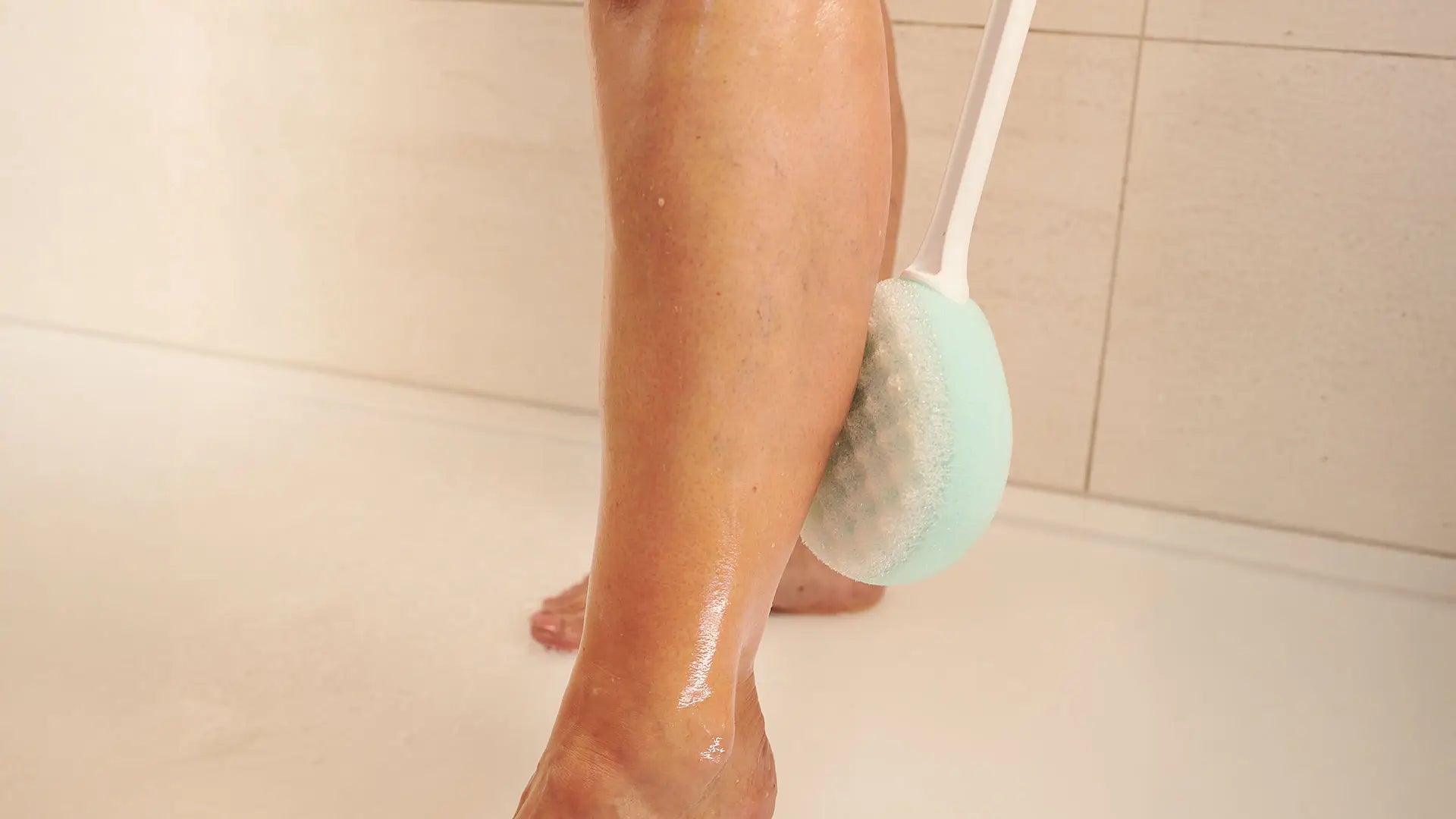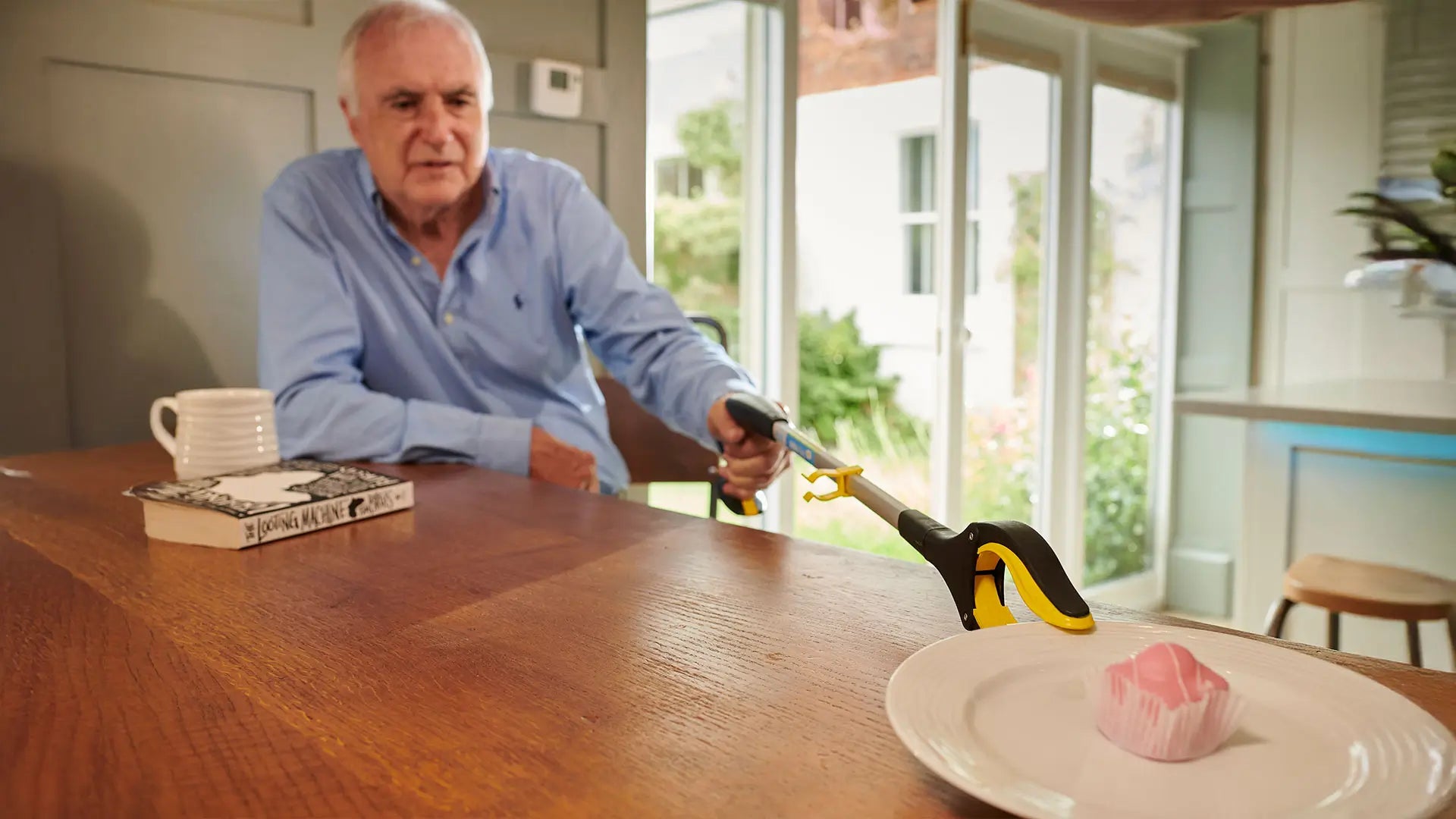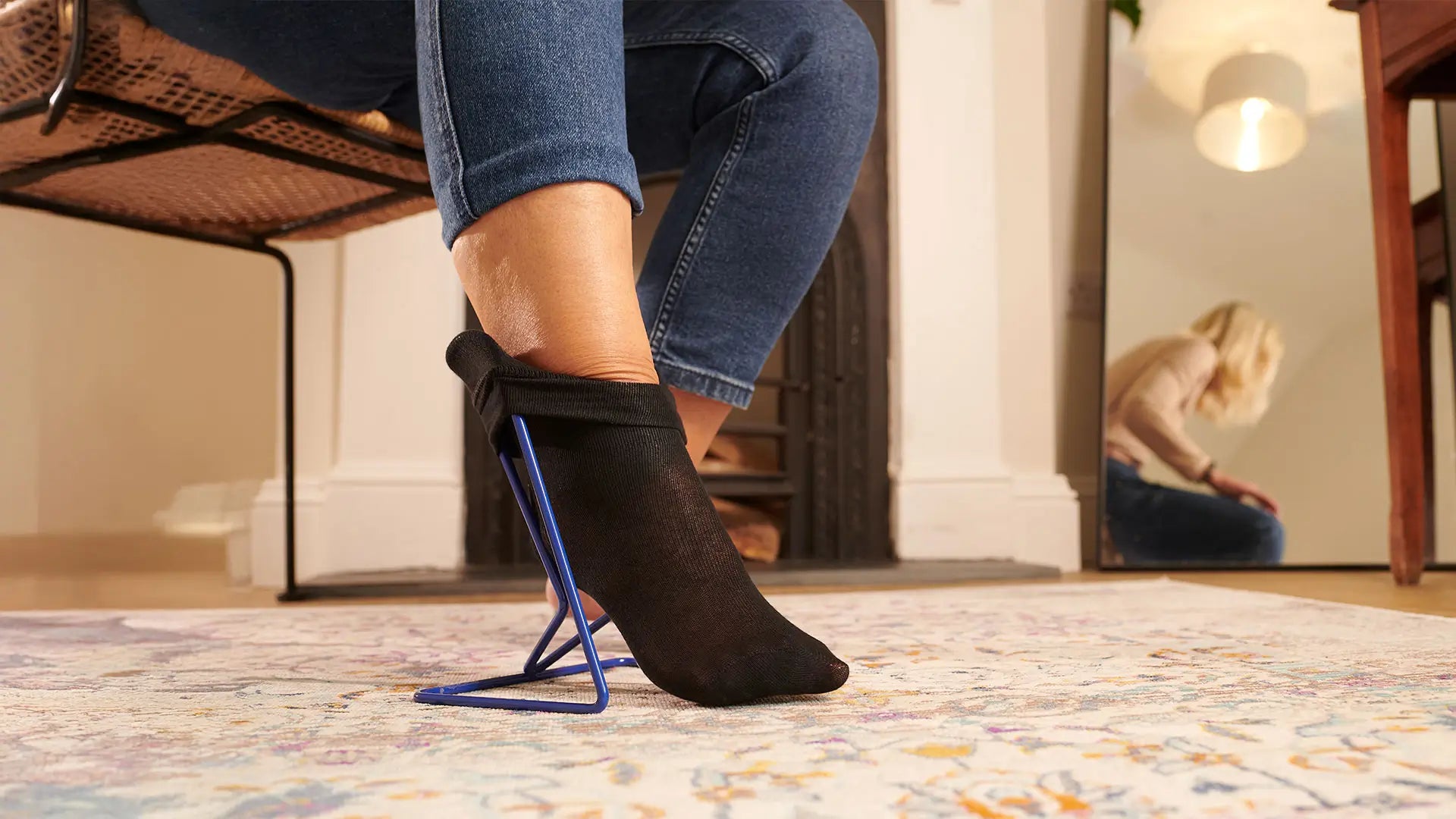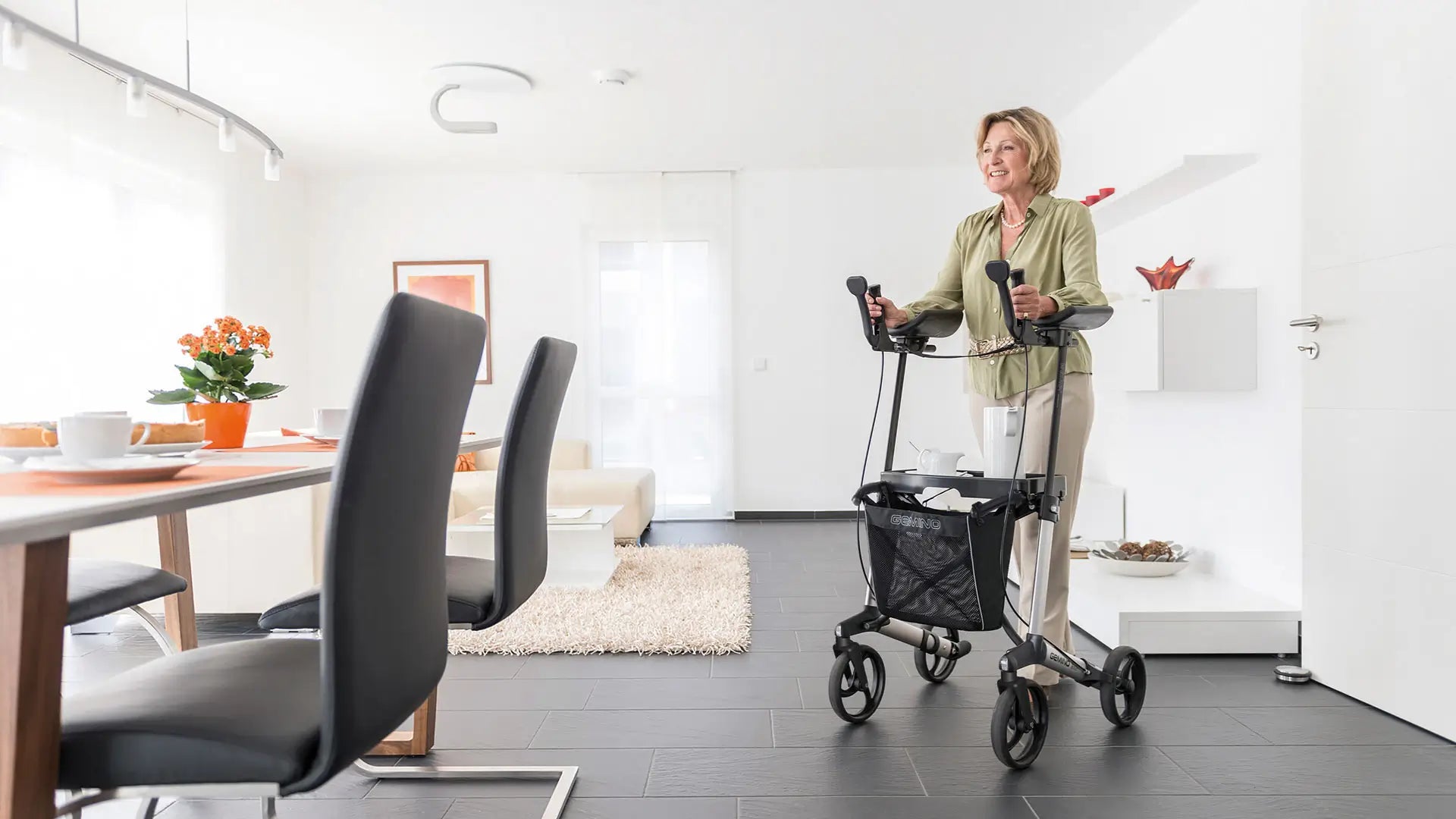Personal hygiene routines are something most of us take for granted – you get up, wash, brush your teeth, comb your hair, etc. These routines can be very difficult for elderly people.
Imagine the effect it would have on you if you could not perform your usual hygiene routine. You would start every day feeling dirty and unprepared. In elderly people, this can lead to agitation, frustration and depression.
Elderly hygiene issues are a cause for concern. Though it can be hard for you to provide, and even harder for those you care for to accept, hygiene help is an invaluable part of caregiving.
Needing assistance from another person with something so personal raises many issues, not least respecting the person’s privacy. Here are a few other reasons why someone may feel anxious about assistance with washing and bathing, and how to help overcome them:
- Deep bath water – reassure by making sure the bath water is shallow, or by setting up a bath seat for them to use.
- Overhead showers – some people find the rush of water from an overhead shower frightening or disorientating. A hand-held shower may work better.
- Self-consciousness – it can be embarrassing to be undressed in front of other people. One way to overcome this is to uncover only the part of their body that you are washing at the time, leaving the rest covered.
- Isolation – some people may become anxious if they are left on their own and may want you to stay with them while they are washing.
- Incontinence – this may be a sensitive issue for both of you. If the person has an accident or continence problems, they may feel ashamed. Try to be reassuring and adopt an approach that fits with the nature of your relationship. A matter-of-fact attitude, or gentle humour, often works well.
- Inability to plan – difficulties with planning or remembering, and an inability to perform tasks in sequence, can make hygiene difficult. Establish a routine together.
Don’t be discouraged: It’s possible to help your loved one stay clean and healthy while also allowing them to maintain their dignity and as much independence as possible.
How to help your loved one and you, as a carer
Talk about it
This will likely be a hard discussion for both of you, but it’s too important to avoid. Let them know you’re coming from a place of love: you want to help them look and feel their best and keep them safe from health problems like skin or urinary tract infections. Don’t be unkind or focus on what they can’t do. Focus on what they need and what you can do to help.
Create a routine
A personal hygiene routine doesn’t just keep your loved one clean and comfortable – it gives their days more structure and is comforting too.
If there’s a certain time of day when they’re in their best mood or most clear-minded, plan to help them with washing and grooming then, if possible.
Being organised can help reduce stress. Try to make sure you have everything you need ready to hand before you start.
Family members may also be able to help by leaving out soap and towels to provide a visual cue, reminding the person to wash or perform oral hygiene, or posting a bathing schedule.
Don’t insist on more bathing than necessary
If your loved one is not very mobile, they may not need to take a shower every day. Showering a few times a week, with sponge baths or hygiene wipes in between, may be enough.
Excessive bathing or showering can lead to dry skin, and it can also wash away the natural bacteria and oils that protect the skin against infections.
If skipping a shower doesn’t feel right, there are other ways to cleanse the body without exposing skin to the harshness of frequent bathing.
- Instead of using hot water, use lukewarm water. This helps the skin preserve some of its natural oils.
- Limit use of soaps with fragrances and heavy foaming ingredients as these can irritate the skin and make it more prone to infection.
- Try to make the experience as pleasant and relaxed as possible. Make sure the room is warm enough. People with dementia can be especially sensitive to the cold.
- Maintaining overall cleanliness and good personal hygiene is important for self-confidence.
Consider adaptive hygiene aids
There are many devices designed to solve elderly hygiene issues by making grooming easier. Shower chairs, no-rinse bathing wipes, and long-handled shower brushes, razors and toenail clippers can all make personal care safer and easier.
Encourage independence
Even small tasks like combing their own hair or putting on deodorant can help elderly loved ones maintain a sense of control. Tasks like brushing and flossing their teeth may be easier to keep doing independently than other grooming activities. Even managing the smallest task is better than nothing at all.
Be understanding
Everyone has good days and bad days, including your loved one. It’s OK to skip a shower occasionally. Offer a sponge bath and some dry shampoo, and try again when they’re in a better state of mind.
Reassure them that, despite it being a very personal activity, you are happy to help. Ask how they feel and what they would prefer.
Making light of any muddles or awkwardness may help you both deal better with the situation.
Here are a couple of useful links for further reading:






Share:
Do you need to wear Compression stockings?
Independence in everyday life